Episode
88
Synthetic biology to reprogram life
Timothy Lu: Synthetic Biology Group, MIT
What if we could screen the body for early signs of disease by swallowing a tiny capsule, packed with futuristic diagnostic tools? Prof. Timothy Lu, a synthetic biologist at MIT, draws on his combined expertise in computer programming, electrical engineering, and microbiology, to envision as an entirely new way of practicing preventative medicine. The idea is that capsules packed with tiny electronics and genetically engineered living cells will eventually be used to spot health problems from inside the gut. Early signs of cancer could be detected without the need for a colonoscopy. In this LLAMA podcast interview with Peter Bowes, Prof. Lu explains the principles of synthetic biology and why he believes it could help us all live healthier, longer lives.
Published: Jan 22, 2019 @ 10.59 PT
NOTES & QUOTES
Connect with Prof. Lu: Bio | Synthetic Biology Group – LuGroup.org
In this interview we explore:
- What is synthetic biology and how could it help us live better?
- Should we be concerned about “synthetic” biology?
- A new set of diagnostic tools.
- How can human cells do mathematics?
- Re-wiring the human body, and what that means.
“There is a new wave of medicines that are coming – ones that are going to be based off of living drugs, living medicines.”
- Preventing and treating disease by swallowing a capsule.
- Detecting early signs of disease
- Engineering the human microbiome.
“These living cellular medicines are going to really change the ways in which we treat disease their potential for cures.”
- Sequencing the bacteria that live inside us and figuring out why they impact us “profound” ways.
- What are the drugs of the future and how will they help us?
“There’s going to be potential for much more precise type therapies, and that’s really going change both the ways in which we think about treating disease.”
- New strategies to extend health spans.
- Is precision medicine worth the money?
- Developing sensors and memory devices that sit inside the brain.
“It’s really exciting that this is happening – I think there’s going to be continued democratization of this ability to modify and manipulate biology and that’s going to really lead to explosion of things that people want to do with technology.”



